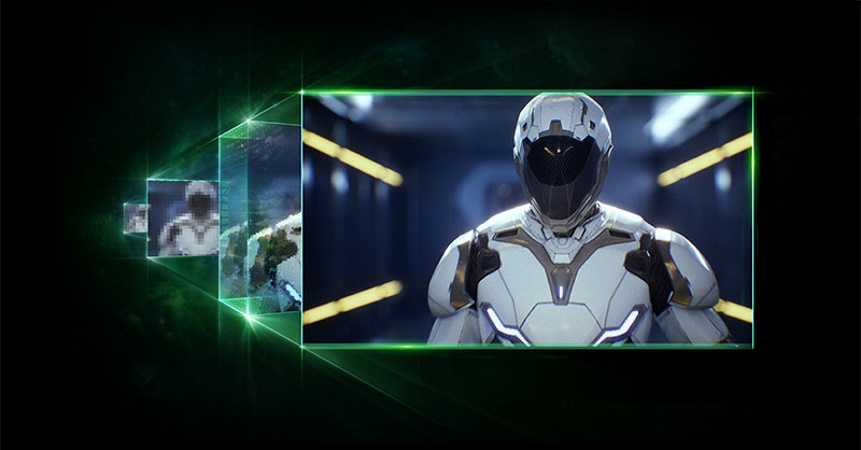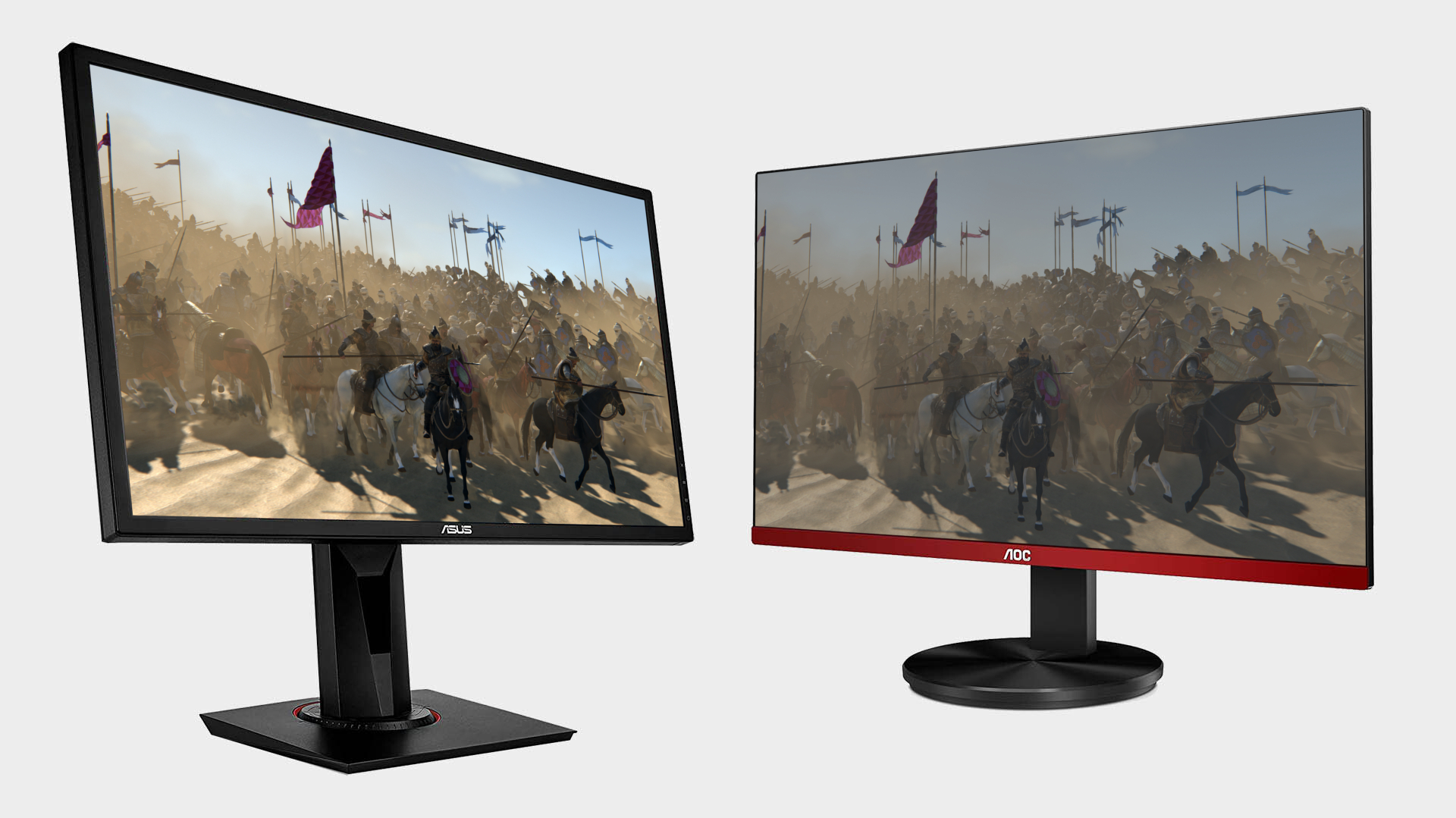A lot more games are about to get framerate-boosting Nvidia DLSS support
Nvidia DLSS plugin hit the Unreal Engine 4.26 Marketplace.

Yesterday Nvidia dropped its DLSS plugin into the Unreal Marketplace, thus enabling a lot more game developers to start using its Deep Learning Super Sampling tech in their games. This is great news both for Nvidia's tech and for us gamers, as it should mean that more games end up offering support for the upscaling technology, which can see framerates almost double with no obvious loss in quality.

Best gaming monitor: pixel-perfect panels for your PC
Best 4K monitor for gaming: when only high-res will do
Best 4K TV for gaming: big-screen 4K PC gaming
Ray tracing may be the headline-grabbing feature of Nvidia's first- and second-gen RTX graphics cards, but it's actually DLSS that has impressed us the most. The tech essentially lets your games render at a lower resolution and then upscale them to higher resolutions, such as 4K, without the framerate hit that would normally incur. It's the tech we want in more games, and this announcement means that is now closer to being the case.
With the original rendition of DLSS, game developers had to work closely with Nvidia to implement the feature into their games. That was because the deep learning engine that weaved its magic needed a lot of images from the game in question. With DLSS 2.0 this is no longer the case, and as it is trained using generic images—it no longer needs input from the specific game in question.
We've been hoping that this change alone would usher in a whole new slew of games supporting the technology, and while DLSS 2.0 has had more uptake than the original implementation (DLSS 2.0 is supported in 35 games, while DLSS 1.0 only had eight games), it's support like this that will really push it to the next level.
If you're a games developer, then you'll find a link to the DLSS plugin in the Unreal Marketplace, which will point you at this Nvidia page.
AMD has alluded to its own take on DLSS 2.0 a few times now, which is refers to as 'Super Resolution', and while we haven't seen anything concrete yet, we expect something from the red team later this year. It's a technology that gives Nvidia an edge right now, so AMD definitely needs an answer.
Keep up to date with the most important stories and the best deals, as picked by the PC Gamer team.
Alan has been writing about PC tech since before 3D graphics cards existed, and still vividly recalls having to fight with MS-DOS just to get games to load. He fondly remembers the killer combo of a Matrox Millenium and 3dfx Voodoo, and seeing Lara Croft in 3D for the first time. He's very glad hardware has advanced as much as it has though, and is particularly happy when putting the latest M.2 NVMe SSDs, AMD processors, and laptops through their paces. He has a long-lasting Magic: The Gathering obsession but limits this to MTG Arena these days.


